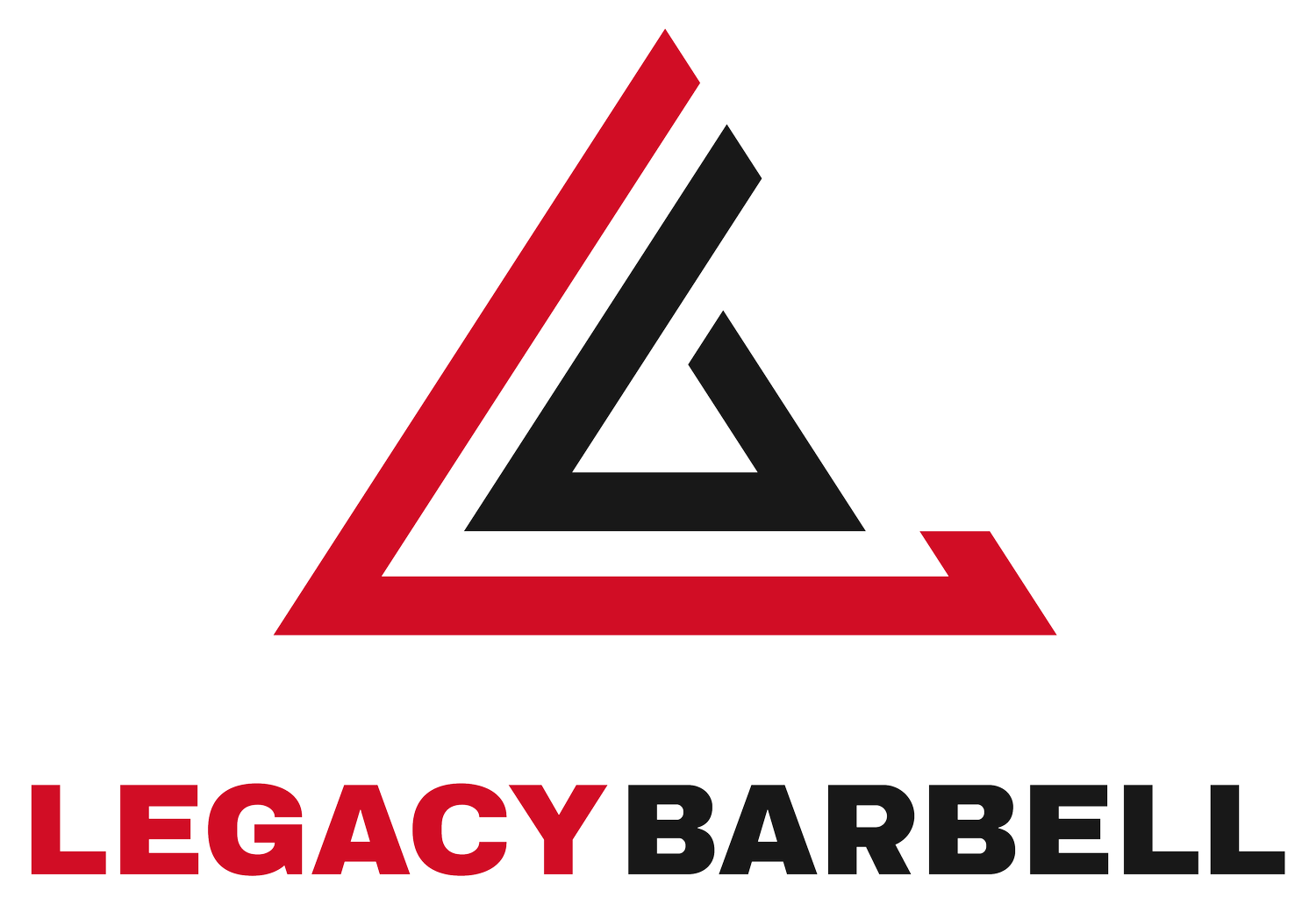Navigating Your Fitness Journey: Choosing the Right Personal Trainer
Embarking on a fitness journey is a significant step towards improving your health and well-being. Whether you're new to exercise or looking to break through plateaus, having the guidance and expertise of a personal trainer can make all the difference. However, with so many options available, selecting the right personal trainer can seem like a daunting task. Fear not! In this guide, legacy barbell explores key considerations to help you find the perfect fit for your fitness goals and preferences.
Qualifications and Credentials: When entrusting someone with your health and fitness, it's crucial to ensure they have the necessary qualifications and credentials. Look for personal trainers who are certified by reputable organizations such as the National Academy of Sports Medicine (NASM), the American Council on Exercise (ACE), or the National Strength and Conditioning Association (NSCA). These certifications indicate that the trainer has undergone rigorous training and education to effectively design and implement safe and effective exercise programs.
Experience and Expertise: While certifications are important, experience and expertise are equally valuable. Consider the trainer's specialization and experience working with clients who share similar goals or challenges as you. Whether you're aiming to lose weight, build muscle, improve athletic performance, or manage a medical condition, a personal trainer with relevant experience can provide tailored guidance and support to help you succeed. Don't hesitate to ask for client testimonials or success stories to gauge the trainer's track record.
Communication and Compatibility: Effective communication is paramount in any client-trainer relationship. Choose a personal trainer who listens attentively to your goals, concerns, and preferences, and communicates clearly and effectively. Additionally, consider factors such as personality and teaching style—are you more motivated by tough love or gentle encouragement? Do you prefer a trainer who pushes you to your limits or one who focuses on technique and form? Finding a trainer whose communication style and personality align with yours can enhance motivation and ensure a positive training experience.
Availability and Accessibility: Before committing to a personal trainer, consider factors such as availability and accessibility. Determine whether the trainer's schedule aligns with yours and whether they offer flexible training options such as in-person sessions, virtual training, or online coaching. Additionally, inquire about their availability for ongoing support and communication outside of scheduled sessions, as consistent guidance and accountability are key to long-term success.
Professionalism and Ethics: Finally, evaluate the trainer's professionalism and ethics. A reputable personal trainer should adhere to industry standards and ethical guidelines, including maintaining client confidentiality, respecting boundaries, and upholding the highest standards of professionalism. Trust your instincts and choose a trainer who demonstrates integrity, empathy, and genuine concern for your well-being.
Choosing the right personal trainer is a pivotal step in your fitness journey—one that can significantly impact your success and satisfaction. By considering factors such as qualifications, experience, communication, availability, and professionalism, you can make an informed decision that aligns with your goals and preferences. Remember, the right personal trainer isn't just a fitness coach—they're a supportive partner and ally in your quest for health and happiness. So, take your time, do your research, and embark on this journey with confidence—you're one step closer to realizing your fitness aspirations.
